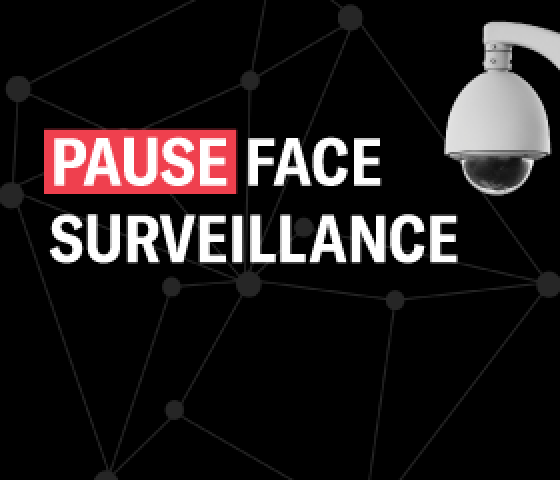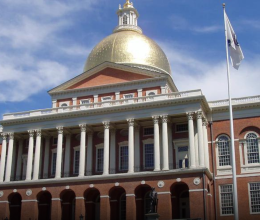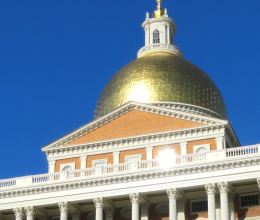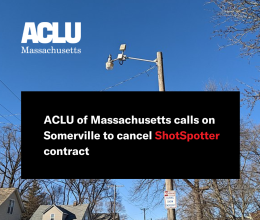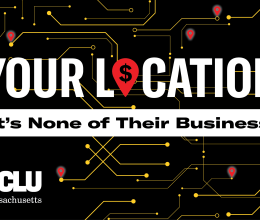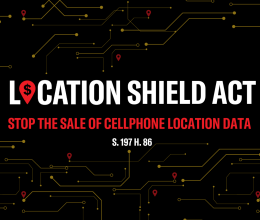The city of Northampton tonight voted to pass a ban on the municipal use of face surveillance technology. Northampton now joins two other municipalities in Massachusetts—Brookline and Somerville—which passed bans earlier this year.
Kade Crockford, director of the Technology for Liberty Program at the ACLU of Massachusetts, released the following statement in response:
“Northampton’s elected officials have taken a remarkable and commendable step to protect the city’s residents from dystopian technological experiments. Face surveillance represents an unprecedented threat to our civil rights and civil liberties—especially for immigrants, communities of color, and LGBTQ people. Now, lawmakers on Beacon Hill must also take action and pass a statewide moratorium. Massachusetts voters can’t afford to wait any longer while this dangerous technology proliferates without safeguards or regulations.”
Background:
In June, the ACLU of Massachusetts launched the “Press Pause on Face Surveillance” campaign to build awareness about the civil liberties concerns posed by face surveillance and the need to pass a statewide moratorium on the government’s use of the technology.
A recent poll shows nearly 8 in 10 Massachusetts voters support a moratorium on government use of face surveillance technology, which is currently unregulated in the state. An ACLU-backed bill currently before legislators on Beacon Hill would establish a statewide moratorium on government use of face surveillance and other biometric screening technologies until the legislature imposes checks and balances to protect the public’s interest. Meanwhile, municipalities like Cambridge, Somerville, and Brookline are taking action to bring this technology under democratic control by introducing and enacting municipal prohibitions on government use.
More than 50 organizations back the moratorium and ACLU campaign. At a legislative hearing in October, dozens of advocates—including the ACLU of Massachusetts, Boston Teachers Union, tech company Cortex, Suffolk County District Attorney Rachael Rollins, and MIT researcher Joy Buolamwini—testified in strong support of the statewide moratorium on the government’s use of the technology.
